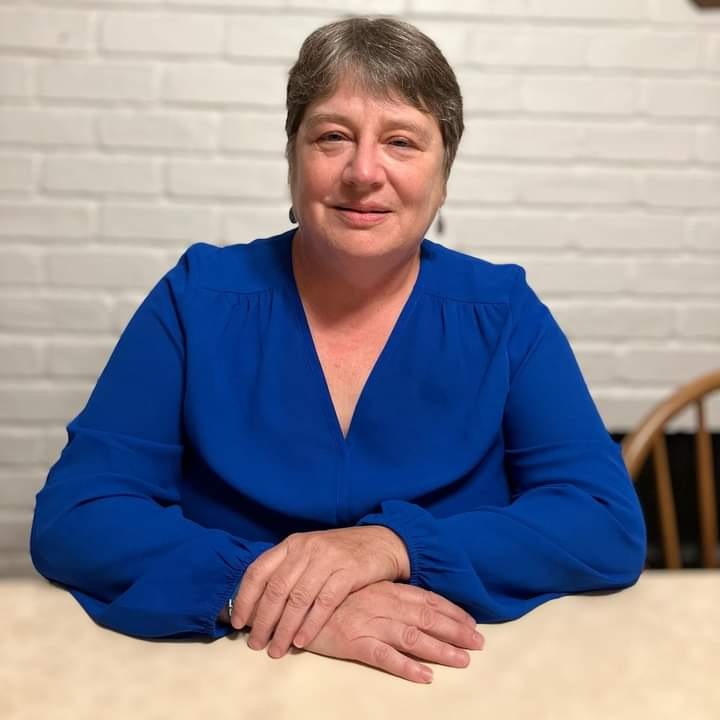
Over the past few weeks, many educators in the U.S. have been preparing -- or made --the jump to online learning, after the novel coronavirus outbreak forced schools to close to slow the spread of the virus. But that leap has left behind a significant chunk of the nation’s students who lack access to the internet at home. Called the "homework gap," the situation could get worse before it gets better.
Online learning could worsen inequities in education
Closures of public buildings with free Wi-Fi such as libraries and recreation centers, which many students relied on to complete assignments, is leaving students with no options. Initially, many districts decided to close for two weeks in March, but the rapid spread of the virus is pushing those closures to a month or more, or possibly the remainder of the academic year. As of March 20, statewide school closures were declared in at least 40 U.S. states.
So while many educators are cramming to devise an effective online delivery system, a Pew Research Center analysis of data from the 2015 U.S. census indicated that 15 percent of households with school-age children lacked a high-speed internet connection. Because of that, 17 percent of teenagers reported in 2018 they were unable to complete homework assignments.
The problem is more prevalent for low-income and minority families. About 35 percent of households with school-age children and incomes below $30,000 a year lack high-speed internet connections at home, while the figure is 6 percent for similar households with earnings of $75,000, according to the most recent Pew study. Inadequate infrastructure in some communities, may be to blame for the lack of access, but the cost also is a big factor.
The cost of internet equipment and access add to families’ struggle
The Federal Communications Commission (FCC) concluded five years ago that the lack of internet access at home “puts students at a competitive disadvantage and can lead to reduced academic preparedness, decreased academic performance and decreased classroom engagement among students.” Students without internet access at home also consistently score lower in reading, math and science, according to the FCC.
Not to mention the number of students who don’t have computers or tablets at home. In the country’s largest public school system, New York City, which has an enrollment of 1.1 million, 300,000 students do not have electronic devices.
Without a national comprehensive plan that connects all students, those who already are struggling will fall further behind. “The inequities in all our education systems are going to be even worse,” Angela Siefer, executive director of the National Digital Inclusion Alliance, told CityLab. “The kids whose families do have internet connection are going to have at least some learning continuing during this period, and the kids who don’t won’t.”
Facing that reality and wanting to ensure equity, the Philadelphia Public Schools opted not to develop an online learning plan, because many of the district’s 200,000 students are from lower- income families who lack computers and internet access. “If that’s not available to all children, we cannot make it available to some,” Superintendent William R. Hite Jr. said at a recent news conference. Students received learning packets and the district will continue to hand these out at meal sites.
More internet companies are responding to the homework gap
Fortunately, actions are underway to provide at least temporary internet access during the school closures. As part of the FCC’s Keep Americans Connected Pledge, a number of internet companies are opening up free Wi-Fi hotspots and in some cases offering free internet to low-income families with students. Several companies also pledged to waive late fees and not disconnect consumers for the next 60 days.
In announcing the pledge, FCC Commissioner Jessica Rosenworcel said these steps are a commendable start, but more needs to be done--and quickly. “Schools are closing and so many students are being told that their classes are migrating online,” according to Rosenworcel. “We can use our universal service powers to provide hotspots for loan for students whose school doors have closed. We need to act immediately so that no child is offline.”
U.S. Senator Chris Van Hollen (D-MD) has introduced the Homework Gap Trust Fund Act, which calls for using some of the funds from the c-band midband spectrum auction to fund as much as $4 billion for a Homework Gap Trust Fund administered by the FCC. Under the proposal, jurisdictions could utilize funds to purchase wireless devices and support other efforts to provide more students with access to the internet. The FCC voted in February to allow an auction of C-Band mid-band satellite spectrum for land-based wireless. The commission wants to provide more spectrum for 5G. The auction is scheduled to begin in December.
The homework gap has been imminent for years, but the coronavirus pandemic has made real its severity and how slow the nation has been to address it. People who have been on the front lines of the problem, like Tom Esselman, CEO of Connect for Good, which provides low-income families in Kansas City, Missouri, with new or rebuilt devices, hope others get the message. He said in a CityLab article, “Not just cities, but also individual school districts and administrators have not taken seriously the issue of how many families are really truly affected by the lack of access.”
Image credit: Kelly Sikkema/Unsplash

Ellen R. Delisio is a writer who lives in Long Island, NY. Over the past 30 years, her writing has focused on life science, sustainability, education issues and electric vehicles. Ellen is an avid reader and beach-goer.














